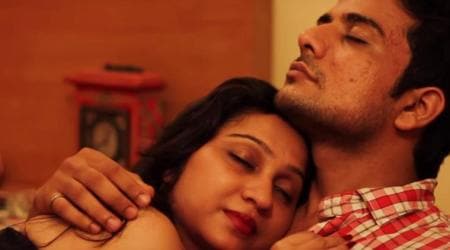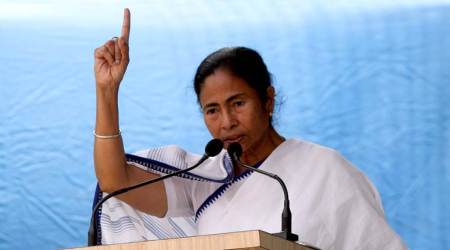 Lt Col Purohit’s dysfunctional trial is the norm in terrorism cases in India. Consequences are toxic (Archive)
Lt Col Purohit’s dysfunctional trial is the norm in terrorism cases in India. Consequences are toxic (Archive)
Lieutenant-Colonel Shrikant Purohit walked out of Taloja prison on Wednesday. His story has divided India, and will likely continue to do so, as his trial slowly unfolds. The anger evoked by Purohit’s prosecution, on charges of having carried out the 2008 Malegaon bombings as part of a terrorist cell that hoped to overthrow the Indian republic and replace it with a Hindu state, says something about how truth is judged along partisan political lines. Perhaps more important, though, it speaks of how a collapsing criminal justice system is eroding public faith in the republic itself. The lieutenant-colonel spent nine years in prison, the better part of a life sentence, before being granted bail by the Supreme Court; charges are yet to be framed against him.
The officer claims he was, in fact, carrying out a surveillance operation on the terror conspirators with the knowledge of his military superiors. The National Investigation Agency, which took over the investigation of the case from Maharashtra Police’s Anti-Terrorism Squad, believes otherwise. Nine years ought to have been long enough for a court of law to decide the issue on the basis of the evidence. Instead, this period has seen public opinion poisoned by politicians who have preyed on the communal passions unleashed by the case.
The failures of the criminal justice system in Purohit’s case point to a grave underlying problem: In effect, victory is being ceded in the courtroom to those who could not secure it by violence. Terrorists, after all, claim the Indian state cannot deliver justice, and that is precisely what happens all too often.
Innocent or guilty, Purohit’s dysfunctional trial is the norm in Indian terrorism cases; alleged jihadists, North-east insurgents and Maoists all routinely spend years in jail. Botched investigations, malicious prosecutions, dilatory proceedings, cumbersome procedures, poorly-framed laws — the list of problems is well known, and calls for reform have existed for years. The Purohit case demonstrates just how toxic their consequences can be.
Even as one part of the polity celebrates what ought to be a routine bail order, another sees it as a sign that the government is perverting the course of justice. Things haven’t been helped by the fact that the Indian Army chose to give the lieutenant-colonel an armed escort of a scale normally reserved only for senior-most officers — a poor decision that fuelled speculation that he is receiving privileged treatment. This individual case ought to give no-one reason to do anything other than carefully reflect on the republic’s state of criminal injustice, and the toll it is inflicting on civic life.

